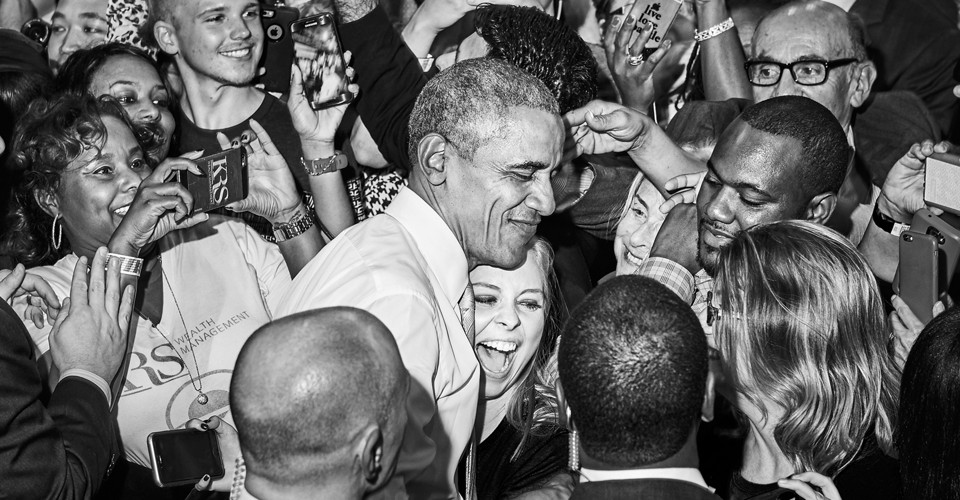The One They’ve Been Waiting for: White Fear and the Rise of Donald Trump
Politics of Color: commentary & reflections on race, ethnicity, and politics
2016-11-27
Linda Alvarez, Assistant Professor
California State University, Northridge
Ivy A. Melgar Cargile, Assistant Professor
California State University, Bakersfield
Natasha Altema McNeely, Assistant Professor
University of Texas, Rio Grande Valley
Lisa Pringle, Ph.D. Candidate
Claremont Graduate University, Claremont, California
Patricia Posey, Ph.D. Candidate
University of Pennsylvania
Andrea Silva, Assistant Professor
University of North Texas
Carrie Skulley, Assistant Professor
Albright College, Reading, Pennsylvania
On November 8th, 2016, Donald Trump was elected the 45th President of the United States. Many, including members of the Republican party were shocked that a man openly propagating racism, sexism, homophobia and xenophobia would now be the leader of the most powerful country in the world. How did this happen? While several factors contributed to Donald Trump’s alarming success, there is no doubt that tapping into American racism and sexism were integral to his victory. However, Trump’s election rhetoric alone was not enough to ignite an entire sector of the U.S. population. Instead, Trump built his campaign on a historical culture of white fear of “the other.” Through this rhetoric, The Trump campaign united white America in particular, under a banner of fear. Trump’s campaign was based on igniting a “moral panic—an upwelling of intense emotion and feeling over conditions that challenge people’s deep seated values and threatens the established social order.” Yet, this panic was not created by the Trump campaign. Instead, his campaign was able to capitalize on an already salient white fear in the United States- a white fear present since the founding, that resurfaced in a post 9/11 context, and was fed by the rhetoric of “uncontrollable other,” set on destroying the “American” way of life. The extreme nationalism, fear, and xenophobia ignited by 9/11, the challenge to entrenched white privilege posed by the election of Barak Obama, the adoption of relatively liberal immigration policy, and the emergence of the #BlackLivesMatter movement all threatened the status quo that white Americans have enjoyed in this country since its founding. Trump’s rallying cry to “Make America Great Again,” was about more than an economic policy, it was a literal call to regain and reinstate white supremacy. Here, we argue against suggestions that the Trump campaign and subsequent win has created backlash and erased our post-racial America. We argue that this backlash was decades in the making and that a “post-racial America” has never existed. Further, our policymakers and institutions have been continuously changed and challenged to preserve white supremacy structures in America Fear and hatred of the “other” has been codified since the founding of this country like the Pogroms against First Nations, slavery and later Jim Crow laws, Women as Property, the Chinese Exclusion Act, and Japanese internment camps. These are examples of white supremacy systemized into law, and entrenched in our culture to create and maintain a status quo that upholds white power. This article delves deeper into the continuous effort by white nationalist to marginalize vulnerable groups and the Trumps campaign’s ability to exploit these institutional changes into a victory. The façade of a “post-racial” society was created and reified after the election of the first mixed race president and congealed among sectors of white America. we begin this discussion with the break in our “post-racial” façade after the attacks on September 11, 2001…
Read the entire article here.


